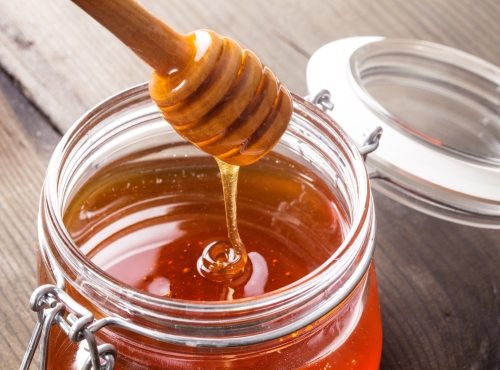A Mintel research reveals that 43% of Canadians who use sugar/sugar substitutes say that whether or not a sugar/sugar substitute is good for baking is an important purchase factor, with women most likely to agree.
Women also are using a larger range of products as 84% use two or more types of sugar/alternative sweeteners compared to 79% of men.
While 71% say taste is by far the most important point of consideration when buying sugar or sugar substitutes, 50% have an emphasis on naturalness.
About 58% of Canadian consumers say whether a product is natural or not is an important factor.
Some 38% consider perceived health benefits when purchasing sugar and sugar substitutes, while 33% typically check food/drink labels for the type of sugar/sweetener used.
“Consumer enthusiasm for baking has been on the rise in recent years, fueled by engagement across social media and popular television shows,” said Carol Wong-Li, senior lifestyle and leisure analyst.
“The endless supply of recipes often includes alternatives to white sugar, providing a bright spot for the industry by not only encouraging usage, but also providing a platform that exposes consumers to the range of different sugars/alternative sweeteners on the market.”
“As concerns around white sugar drive interest in baking with different types of sweeteners, marketers may find that efforts to show consumers how to replace white sugar with less processed options in baking recipes will resonate, particularly with women.”
The research finds that the usage levels of white sugar (54%) and honey (53%) are on par among Canadians.
Younger women seem to be especially drawn to natural sugars as female consumers age 18-44 are just as likely to report using honey (59%) as they are white sugar (57%).
Indeed, 33% of Canadians overall agree that products that are high in natural sugars, such as fruit, are healthy.
And 35% believe that added sugar is worse than naturally occurring sugar.
However, 53% of Canadians who use sugar/sugar substitutes say it is hard to tell which sugar substitutes are natural and which are not.
“As Canadians lean more toward natural and less processed options, usage of honey is a popular option for baking and cooking,” continued Wong-Li.
“However, as many consumers are confused about which products are natural, marketers would do well to consider helping consumers develop a better understanding of what the term ‘natural’ actually means and which products are natural.”
Some 51% of Canadian consumers noticed greater media coverage in 2016 about how sugar affects one’s health (compared to 2015).
And 69% say they are concerned about the impact of sugar on their health and 39% say they research information about sugar/sweeteners before using them.
Negative perceptions are likely affecting sales, with dollar sales of sugar falling 15% from 2011-16, reaching an estimated US$215 million.
This sugar backlash may also be leading to increased interest in alternative sweeteners, as the category grew 10% from US$66 million to an estimated US$74 million from 2011-16.
“Negative media coverage, coupled with consumer perceptions of the potentially harmful effects of sugar and sweeteners on one’s overall health, is likely playing a role in declining sales,” concluded Wong-Li.
“The Canadian mindset toward more natural food and drink ingredients is casting a shadow over the potential for growth in the sugar category, however, we expect to see increased interest in alternative sweeteners.”










